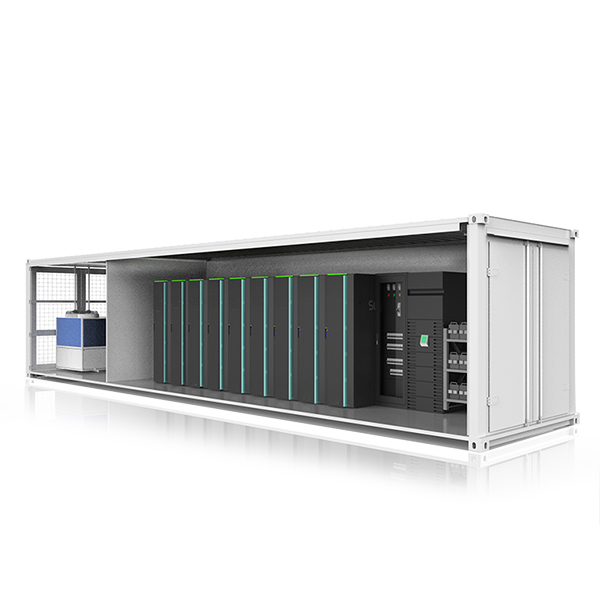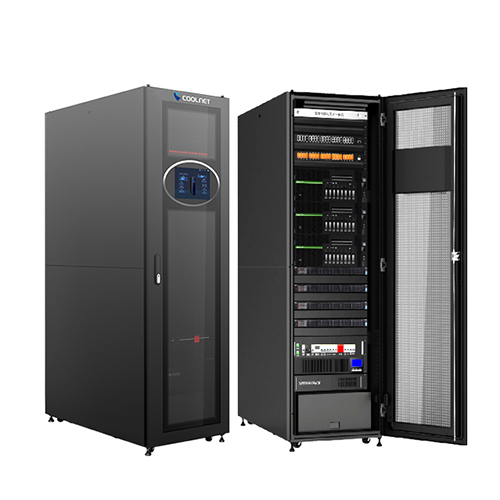Disaster recovery planning is a critical aspect of ensuring business continuity and minimizing the impact of unexpected events on data centers. Traditional data centers often face challenges in terms of scalability, flexibility, and rapid deployment during disaster recovery scenarios. This is where modular data centers come into play. Modular data centers offer a flexible and efficient solution for disaster recovery planning, providing organizations with the ability to quickly deploy and scale their infrastructure in response to disasters. Here are some key advantages and considerations when it comes to the role of modular data centers in disaster recovery planning.

Advantages of Modular Data Centers
1. Rapid Deployment: Modular data centers are pre-fabricated and pre-tested, allowing for quick deployment in disaster recovery scenarios. These self-contained units can be rapidly transported to the desired location, reducing downtime and ensuring a faster recovery process.
2. Scalability: Modular data centers offer scalability options that traditional data centers may lack. Organizations can easily add or remove modules based on their specific needs, allowing for seamless expansion or contraction of infrastructure during disaster recovery operations.
3. Flexibility: Modular data centers provide flexibility in terms of location. They can be deployed in various environments, including remote or temporary locations, to ensure business continuity during disasters. This flexibility enables organizations to maintain operations even if their primary data center is compromised.
4. Energy Efficiency: Modular data centers are designed with energy efficiency in mind. They incorporate advanced cooling and power management technologies, optimizing energy consumption and reducing operational costs. This is particularly important in disaster recovery scenarios where power availability may be limited.

Considerations for Disaster Recovery Planning
1. Redundancy: When implementing a modular data center for disaster recovery, it's crucial to ensure redundancy in power supply, cooling systems, and network connectivity. Redundancy minimizes the risk of single points of failure and enhances the overall reliability of the infrastructure.
2. Connectivity: Seamless connectivity between the primary data center and the modular data center is essential for effective disaster recovery. Organizations should consider implementing robust networking solutions, such as redundant connections and failover mechanisms, to ensure uninterrupted data access and communication.
3. Testing and Maintenance: Regular testing and maintenance of the modular data center infrastructure are vital to ensure its readiness for disaster recovery scenarios. Organizations should establish a comprehensive testing plan and schedule to verify the functionality and performance of the modular data center components.
4. Security: Security measures should be implemented to protect the modular data center and the data it houses. This includes physical security controls, such as access controls and surveillance systems, as well as cybersecurity measures to safeguard against potential threats and breaches.
Modular data centers play a crucial role in disaster recovery planning by offering rapid deployment, scalability, flexibility, and energy efficiency. They provide organizations with the ability to quickly recover and maintain operations during disasters, ensuring business continuity. However, it's important to consider factors such as redundancy, connectivity, testing, maintenance, and security when implementing a modular data center for disaster recovery purposes. By carefully evaluating these considerations and leveraging the advantages of modular data centers, organizations can enhance their disaster recovery capabilities and protect their critical data and infrastructure.
If you're looking for a flexible, scalable, and efficient solution for disaster recovery planning, modular data centers are the perfect choice. Whether you're facing natural disasters, equipment failures, or other potential risks, modular data centers can help you quickly recover your business and ensure the security and accessibility of your data. COOLNET website offers a wide range of products, including modular data centers of various sizes and configurations, to meet your specific needs. Visit our website to learn more about the role of modular data centers in disaster recovery planning. We will help you find the perfect solution for your business requirements, ensuring uninterrupted operations and protecting your valuable data assets.
